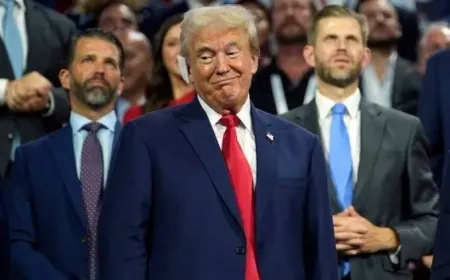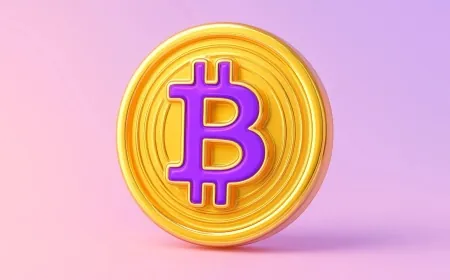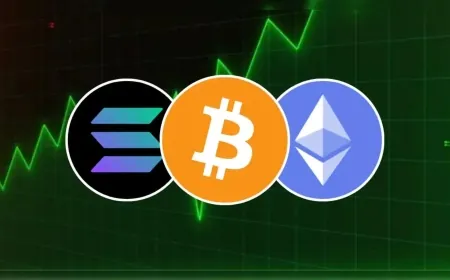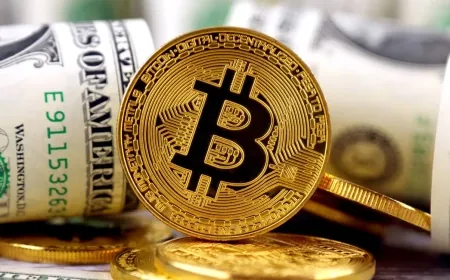Trump Is Building a Crypto Reserve With 5 Coins — Should You Invest Too?
Trump is launching a crypto reserve with 5 major coins. What’s behind this decision, and could it impact your investment strategy?
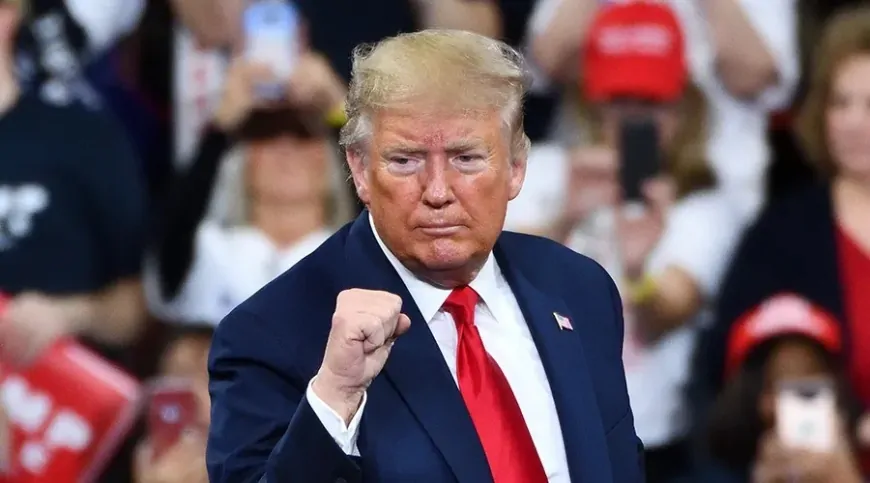
President Donald Trump recently announced the creation of the Strategic Bitcoin Reserve and the United States Digital Asset Stockpile, marking a significant development in the government’s financial approach. The Strategic Bitcoin Reserve will store Bitcoin (BTC), while the Digital Asset Stockpile will include four other prominent digital currencies: Ethereum (ETH), XRP, Solana (SOL), and Cardano (ADA).
This initiative highlights the growing importance of cryptocurrencies in financial systems. While the move is seen as a strategic financial safeguard, it also shows confidence in blockchain technology and its applications.
Why the U.S. Government is Investing in Crypto
Much like traditional gold reserves, digital assets can serve as a financial hedge. Bitcoin, often referred to as "digital gold," is valued for its scarcity, with a fixed supply of 21 million coins. With a current market cap of approximately $1.7 trillion, it remains the most valuable cryptocurrency.
The government’s choice to include Ethereum, XRP, Solana, and Cardano also reflects confidence in the broader applications of blockchain networks. From cross-border payments to decentralized applications (dApps), these cryptocurrencies serve different purposes that contribute to the digital economy.
The Cryptocurrencies in the Reserve
Bitcoin (BTC): The Digital Gold Standard
Bitcoin’s reputation as a reliable store of value makes it an obvious choice for a government reserve. Though its slow transaction speeds and higher fees limit its use for everyday purchases, its decentralized and inflation-resistant nature makes it a dependable financial asset.
Ethereum (ETH): The Smart Contract Pioneer
Ethereum introduced smart contracts, which transformed blockchain technology. It powers a wide range of decentralized finance (DeFi) applications and blockchain-based platforms. Despite facing competition from newer, faster networks, Ethereum remains a leader in the space, with over $46 billion locked in its ecosystem.
XRP: Streamlining Cross-Border Payments
XRP was designed for efficient cross-border payments. While traditional systems like SWIFT can take days and incur significant fees, Ripple’s blockchain processes transactions within seconds at minimal cost. Following its recent legal victory against the SEC, XRP’s market confidence has risen, with a 187% increase in value over the past three years.
Solana (SOL): Speed and Efficiency
Solana’s proof-of-history (PoH) consensus mechanism allows it to handle over 4,000 transactions per second at low costs. This makes it a preferred platform for dApps and NFT marketplaces. Solana’s value has grown by 39% over the last three years, attracting developers and investors alike.
Cardano (ADA): A Research-Driven Blockchain
Cardano is built on peer-reviewed academic research. Its proof-of-stake consensus mechanism offers an energy-efficient alternative to traditional mining. Although its slower development pace has resulted in an 18% price decline over the past three years, Cardano's methodical approach may lead to long-term innovation.
Should You Follow the Government’s Lead?
While the government's decision to hold these cryptocurrencies may boost investor confidence, it doesn't mean they are the right choice for everyone. Cryptocurrencies are known for their volatility, and prices can fluctuate dramatically.
Financial experts often recommend limiting crypto exposure to 5% to 10% of your investment portfolio. Bitcoin is seen as a stable choice for those seeking a store of value, while XRP and Solana are recognized for their practical applications. Ethereum remains a leading choice for those interested in DeFi, and Cardano may appeal to those who believe in long-term research-based growth.
Balancing crypto investments with traditional assets like stocks and bonds can help mitigate risks. Staying informed about market trends and regulatory changes will also help you make more informed decisions.
The Impact of This Decision
President Trump’s move to establish a crypto reserve reflects growing recognition of digital currencies' role in the global financial system. Whether this decision leads to further government adoption or regulatory actions remains to be seen.
For investors, the takeaway is clear — digital assets are becoming a significant part of the financial conversation. By carefully evaluating their options, staying updated on market developments, and maintaining a balanced investment strategy, they can make more confident decisions in this changing financial environment.
Also Read: U.S. to Establish National Crypto Reserve, Giving Bitcoin a Special Status

















































